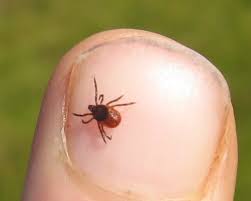The advantages of spaying or neutering are huge, not only for the pets but for the people that live with them!
A spayed female will not have heat cycle. If a dog is not spayed she will come into heat about every 6 months, lasting for 3weeks at a time. This can be a very messy time for a homeowner. Often dogs do not like to wear any type of “diaper” and will pull them off, making it possible to stain all of your furniture and carpeting.
A cat that is not spayed will come into heat randomly. It will not be messy in your house, but noisy. A female cat in heat generally spends most of her time “calling” for a boyfriend. It can be humorous at first, unless you intend to sleep at any point!
Dogs that are not neutered are more likely to “mark” in your home, lifting their legs on anything they would like to claim as their own. Another characteristic of an unaltered male dog is to roam. Any chance they get to “find a girlfriend” they will, male dogs can smell a female in heat from very far distances. At our hospital almost every single hit by car emergency is an unaltered pet!
Dogs and cats that are not spayed and neutered generally have more aggression towards other pets. Hormone changes in female dogs during heat can trigger aggressive behavior. Cats are much more prone to fighting as are male dogs.
If you want the stress free life for both yourself and your pets, spaying and neutering are the best choices.








